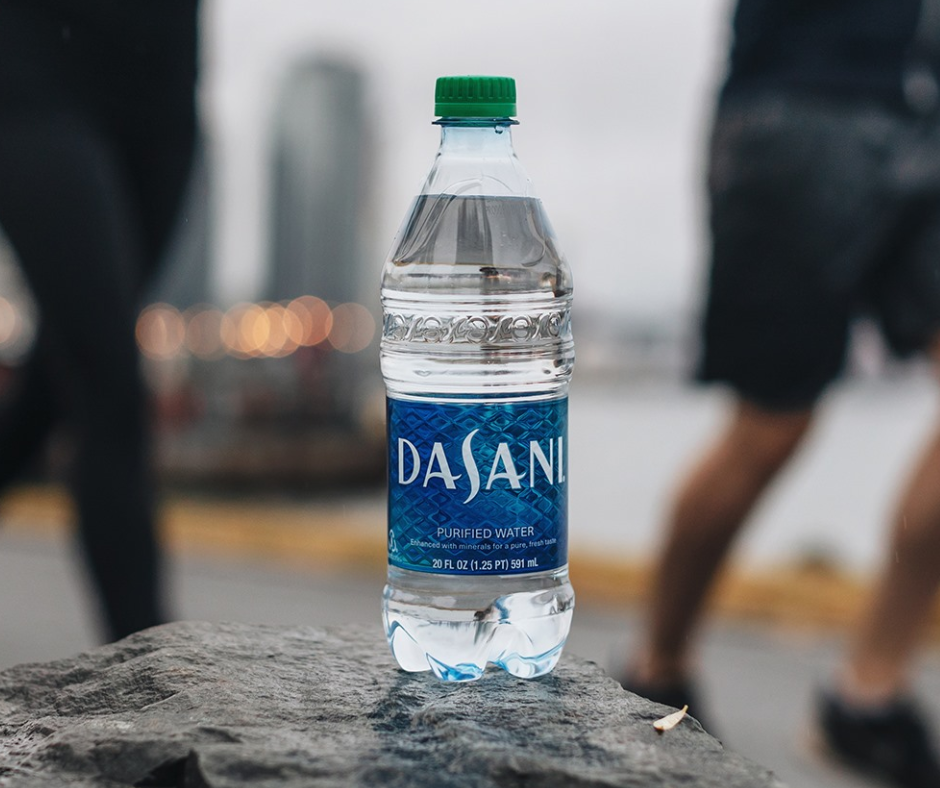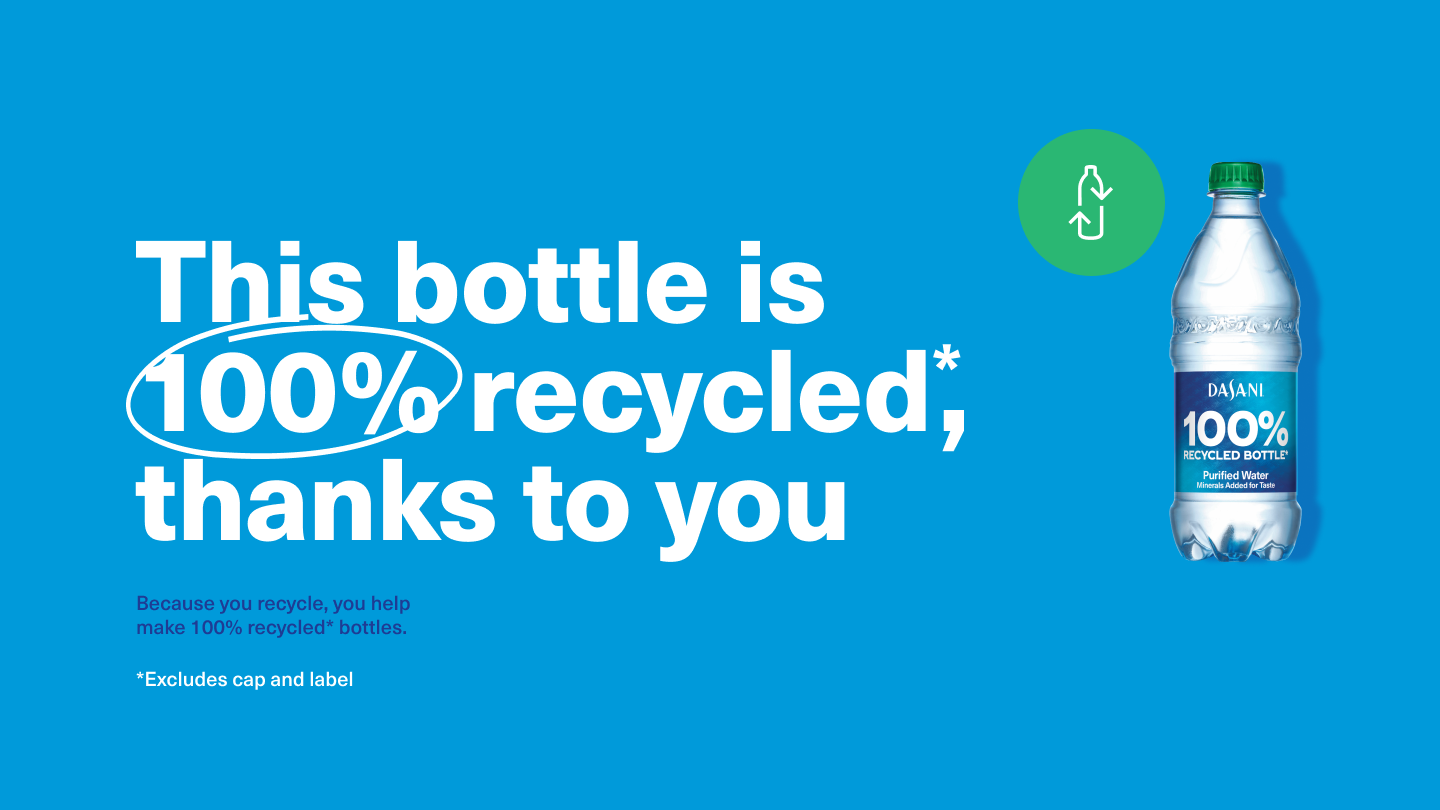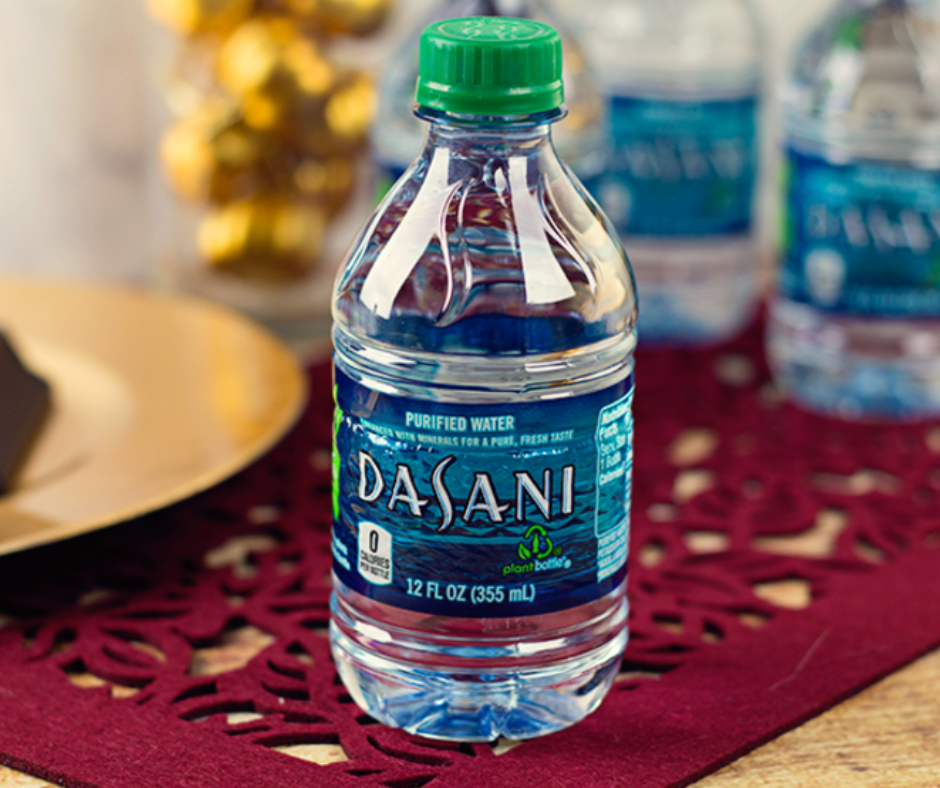Dasani water is not harmful to consume; it is as safe as other bottled waters. It is subject to the FDA’s regulations for bottled water.
Dasani, a brand of bottled water launched by The Coca-Cola Company, has been quenching thirsts since its introduction in 1999. Recognized widely for its distinctive blue label, Dasani is purified through reverse osmosis and enhanced with a blend of minerals for a clean, crisp taste.
This water has been the subject of various consumer discussions, primarily concerning taste preferences and environmental impact due to its plastic packaging. Nevertheless, Dasani adheres to strict safety standards, making it a convenient, if not always the most sustainable, hydration choice. It’s important for consumers to stay informed about the sources and processes behind their bottled water to ensure they are making choices that align with their health and environmental values.
Dasani Water: Behind The Brand
Dasani, a water brand by The Coca-Cola Company, stirs debate. Its entry into the bottled water market was met with mixed reactions. A lot of people drink Dasani every day.
Several consumers feel unsure about its quality and taste. Rival brands often challenge Dasani’s market position. Yet still, Dasani holds a significant share in the bottled water industry.
Critics argue about its contents and the purification process. Fans of Dasani cite its availability and convenience as major pluses. Studies on Dasani’s health effects provide various outcomes.

Decoding Dasani: What’s In The Bottle?
Dasani water undergoes a meticulous purification process. This process includes filtering and removing impurities. Then, they add minerals to enhance the taste. These minerals include magnesium sulfate, potassium chloride, and salt. Some people might not prefer the taste due to these added ingredients.
Many wonder about the effects of these additives on health. The quantities are within safe consumption levels. Yet, the debate on mineral additives continues. Some health experts suggest that these can affect those with specific dietary restrictions.
Health Concerns And Misconceptions
Dasani water has faced its share of disputes. Some people worry about its quality. Rumors have spread about its contents. Dasani acknowledges using tap water, filtered for purity. Another process adds minerals for taste. Critics point to this as a negative.
No strong evidence shows that Dasani is harmful. Tests show Dasani meets safety standards. Some dislike the added minerals. Experts say these minerals are safe. It’s important to know facts from myths. Drinking Dasani is like drinking filtered tap water with extras.

Comparative Analysis: Dasani Vs. Other Brands
Dasani water faces mixed reviews regarding its taste and quality. Many consumers report a distinct taste difference compared to other bottled waters. These differences often stem from added minerals and filtration processes. Safety standards for bottled water are closely regulated, yet some studies suggest that certain brands may harbor harmful chemicals. Dasani, as a Coca-Cola product, maintains that its water meets all safety guidelines.
Exploring health implications, it’s vital to understand that bottled water brands, including Dasani, can contain minerals and additives. These may affect people with sensitivities or allergies. Consumer reports and scientific research provide valuable insights into potential health effects of long-term consumption. With this knowledge, individuals can make informed choices about their drinking water.
Environmental Impact Of Bottled Water
The production and disposal of Dasani water bottles impacts our planet. A significant issue is the use of plastics, which often end up in landfills or oceans. These plastics take hundreds of years to decompose. The process also uses large amounts of water and fossil fuels. This contributes to greenhouse gas emissions, worsening climate change.
Transportation of bottled water over long distances uses more energy. The energy use leads to more carbon footprint. Conservationists are critical of these environmental costs. They advise using reusable water containers.
| Aspect | Environmental Impact |
|---|---|
| Plastic Use | Long decomposition, pollution |
| Water Use | Depletion of local water sources |
| Fossil Fuels | High energy consumption, emissions |
| Transport | Increased carbon emissions |

Making An Informed Choice
Determining whether Dasani water suits your needs involves careful consideration. Various factors such as mineral content, pH level, and taste preferences play crucial roles. Personal research is key to understanding the health implications.
Looking towards the future, sustainable options are gaining traction. Eco-friendly bottles and filtration systems are becoming popular. Such innovations aim to reduce the carbon footprint. Consumers are encouraged to explore these alternatives. Reusability and recyclability are vital for our planet.
| Hydration Option | Pros | Cons |
|---|---|---|
| Dasani Water | Convenient, Readily available | Possible added minerals |
| Eco-Friendly Bottles | Reusable, Less waste | Initial higher cost |
| Filtration Systems | Fresh water, Lower long-term cost | Setup required |
Frequently Asked Questions On Is Dasani Water Bad For You
Is Dasani Water Safe To Drink?
Yes, Dasani water, produced by The Coca-Cola Company, is safe to drink. It meets all applicable food safety regulations.
What Is The Healthiest Bottled Water?
The healthiest bottled water is one that’s contaminant-free, with natural minerals and proper pH balance. Choose brands with strict purification processes and quality testing.
Is The Salt In Dasani Bad For You?
The salt in Dasani is at safe levels for general consumption. Regular intake, within recommended daily limits, is not harmful to healthy individuals.
Why Is Dasani Water So Good?
Dasani water is known for its purity, crisp taste, and added minerals for enhanced flavor. Its advanced filtration process ensures consistent quality, making it a popular choice for hydration.
Conclusion
Exploring the health implications of Dasani water reveals a multifaceted discussion. While concerns may arise from various additives, personal hydration needs often dictate preferences. Prioritizing informed choices and balanced perspectives ensures responsible consumption. Health should be at the forefront of any beverage decision, keeping well-being in clear focus.

